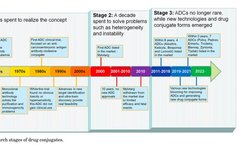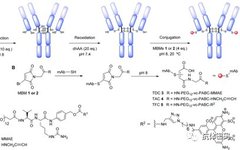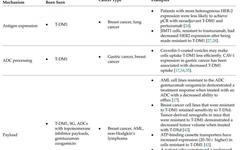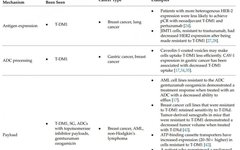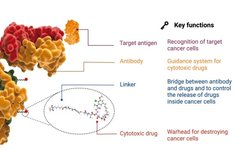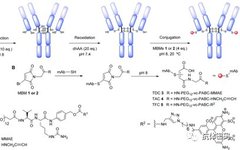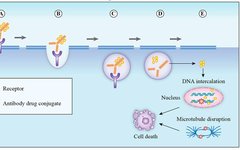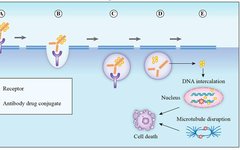Understanding ADC: Overview, Antibody and Linker Selection
The development of ADC drugs has not been smooth sailing, with nearly 100 years of history since the concept of the “magic bullet” was proposed, but ultimately, the clouds have parted to reveal the moon. DS8201 has redefined ADC, but it is not the end of ADC drugs, rather a new beginning. A comprehensive understanding … Read more

